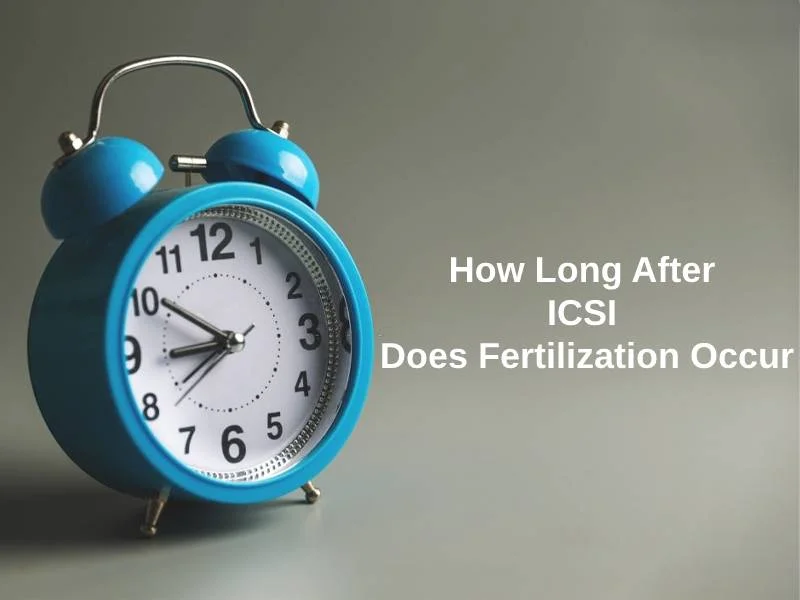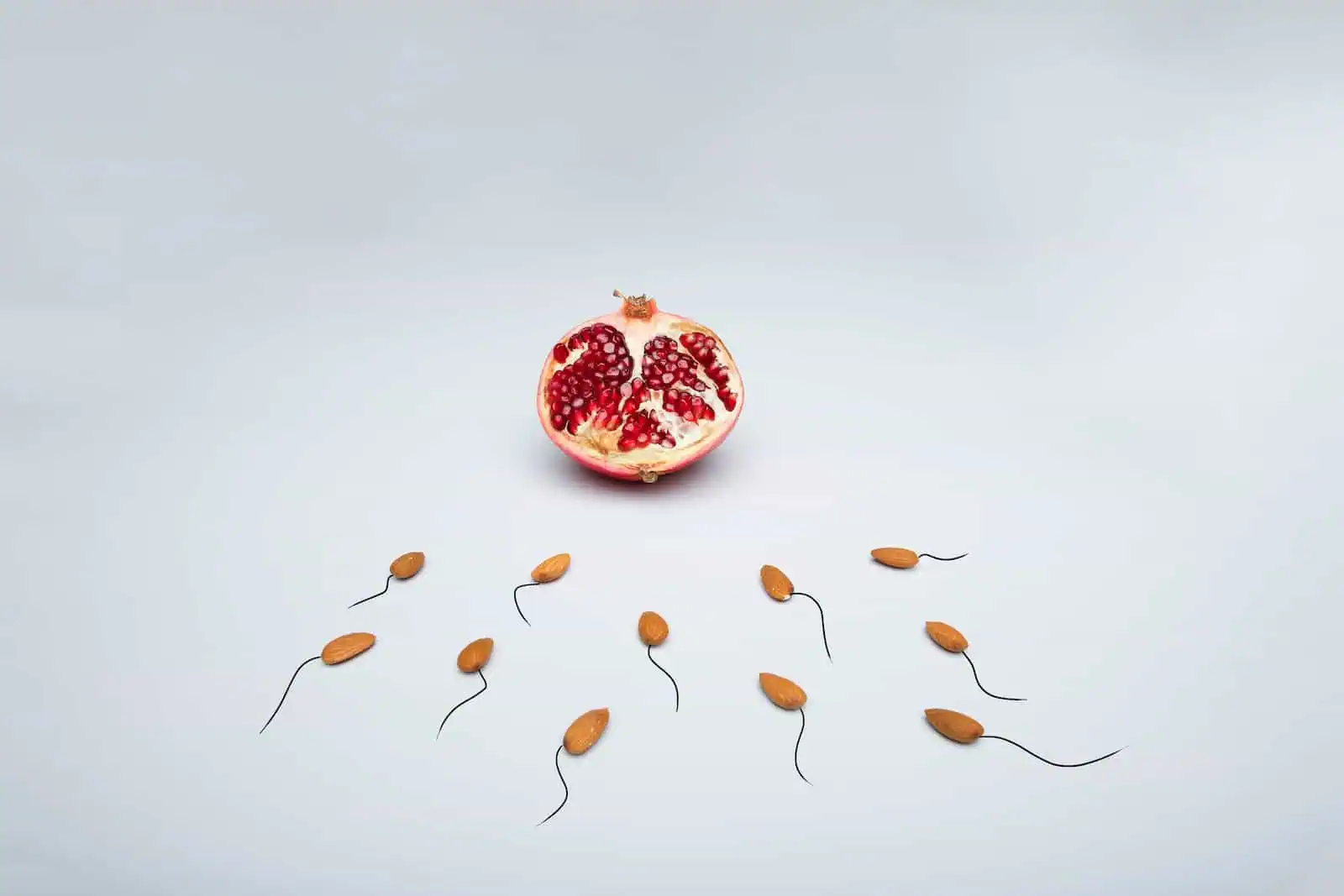Exact Answer: 16-18 Hours
Intracytoplasmic sperm injection (ICSI) is a common reproductive technique employed in assisted fertilization when a person’s sperm lacks the ability and motility to penetrate the outer layer of a woman’s egg. The procedure, administered alongside in vitro fertilization, helps fertilize the egg.
Fertilization occurs when the head of the sperm attaches itself to the egg and pierces through the outer layer to enter the cytoplasm. Sometimes, the sperm fails to enter the cytoplasm if it lacks motility or if the outer layer (zona pellucida) is too thick or hard to penetrate. ICSI is used to inject a single sperm directly into the cytoplasm of an egg.

How Long After ICSI Does Fertilization Occur?
Eggs are fertilized within 24 hours of being released from the ovaries in the fallopian tubes of a woman’s body. This occurs when sperm that reaches the egg begins to break into the outer layer of the egg, known as zona, and enters the cytoplasm.
ICSI is administered when the sperm’s lack of motility to penetrate the zona prevents it from fertilizing the egg naturally. In this technique, a single sperm is directly injected into each mature egg on an inverted microscope. It directly binds the sperm to the egg membrane to ensure fertilization. About 70% of eggs are expected to fertilize after ICSI in a good lab.
The eggs normally fertilize within 24 hours of insemination through ICSI. After around 18 hours of the procedure, the eggs are assessed for fertilization. This marks the first day of the embryo, therefore called Day 1.
A fertilized egg is healthy if it comprises two pronuclei inside the egg and two polar bodies on the side. An egg with over two pronuclei can be regarded as abnormal and should be separated from the rest.

The fertilized eggs, called zygotes, are further nurtured for growth and examined on the second and third day of insemination. The embryos, exhibiting proper growth and development, are selected to prepare for the blastocyst stage in a culture medium. The developed embryos have a high potential for implantation at this stage, but only a few are transferred on the fifth day to decrease the chance of multiple pregnancies.
| Fertilization of mature eggs in normal cases | Within 24 hours |
| Assessment of fertilization after ICSI | After 16-18 hours |
| Implantation after ICSI | After 5-6 days |
Why Does Fertilization Occur This Long After ICSI?
Matured eggs don’t last longer than 12 to 24 hours if they don’t get fertilized after being released from the ovary. With insemination through ICSI, the mature eggs get fertilized overnight after the procedure. Around 65 to 70% of the matured eggs are expected to get fertilized on the first day, but they might not in some cases.
Common factors that cause the failure of fertilization include:
- Often the egg has already matured before ICSI and fails to survive sperm injection. Eggs of poor quality also tend to die after injection.
- The egg may not have activated yet, hence failing to undergo the intracellular steps of fertilization. This is one of the most common reasons for failed fertilization.
- Failure of fertilization may also occur if the sperm head had not decondensed. The DNA of the sperm remains locked in the sperm head leading to abnormal or failed fertilization.

Even after a successful ICSI procedure, eggs that haven’t matured won’t fertilize. The eggs go through several stages of chromosome division as they mature. This process, known as meiosis, halves the chromosome nu0mber and gathers the extra chromosomes in the polar body located on the side of the egg. Immature eggs do not have a polar body during fertilization check and prevent the sperm from fertilizing them.
Conclusion
ICSI has been a huge reform for the medical industry in the treatment of male infertility. The eggs are normally assessed after 18 hours of retrieval and result in the fertilization of 80-100% of mature eggs. In some cases, little to no fertilization may occur due to a lack of appropriate sperm or post-maturation of the egg. However, repeated attempts of ICSI have shown an 85% success rate.
Intracytoplasmic sperm injection is a fairly new technique and the long-term consequences of the treatment on the child are unknown.